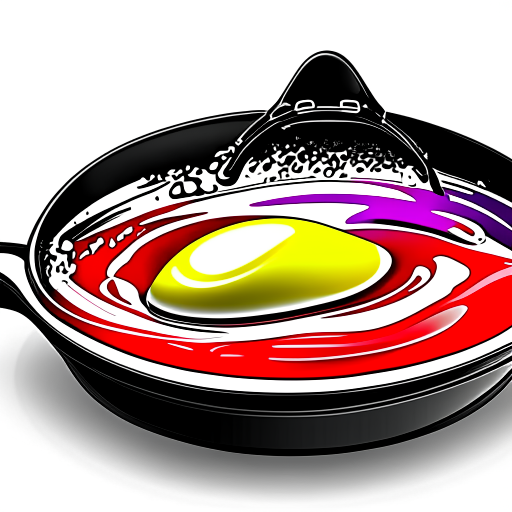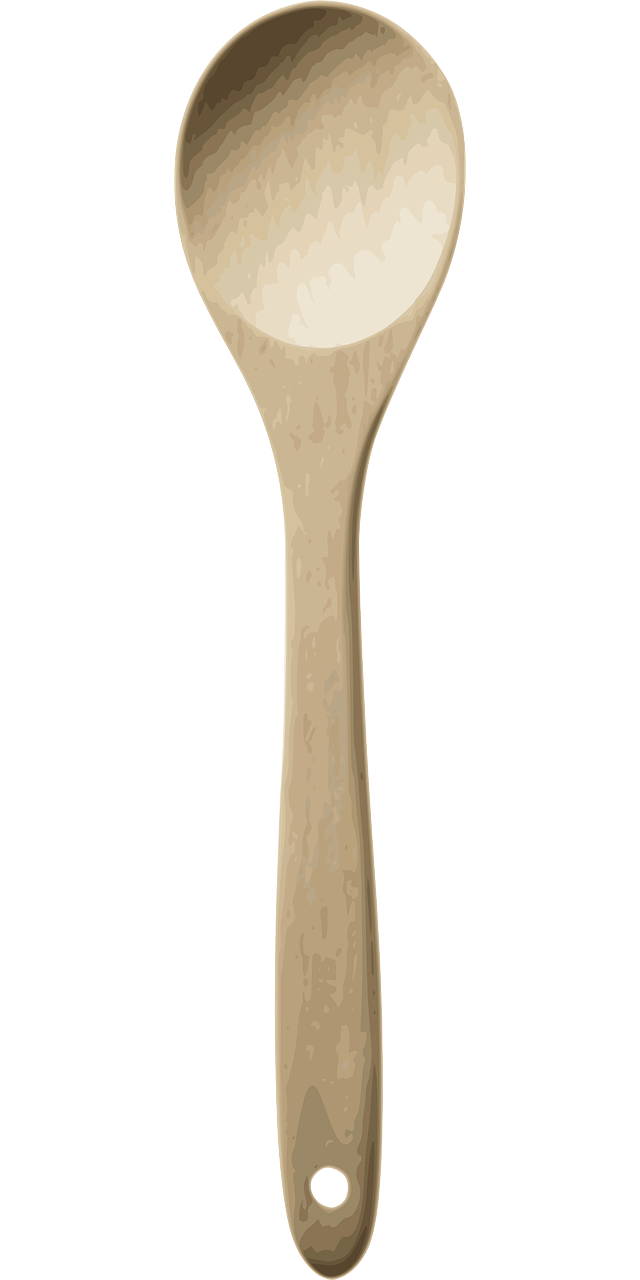In this article, we will be discussing valuable tips for maintaining your kitchen tools to maximize their longevity. From stainless steel cookware to high-quality utensils, taking care of these essential tools will not only ensure their durability but also enhance your cooking experience. Whether you are a seasoned chef or a novice cook, these simple yet effective maintenance techniques will help you keep your kitchen tools in top-notch condition, allowing you to enjoy seamless and enjoyable cooking every time. So, let’s dive in and discover the secrets to keeping your kitchen gadgets in pristine shape!
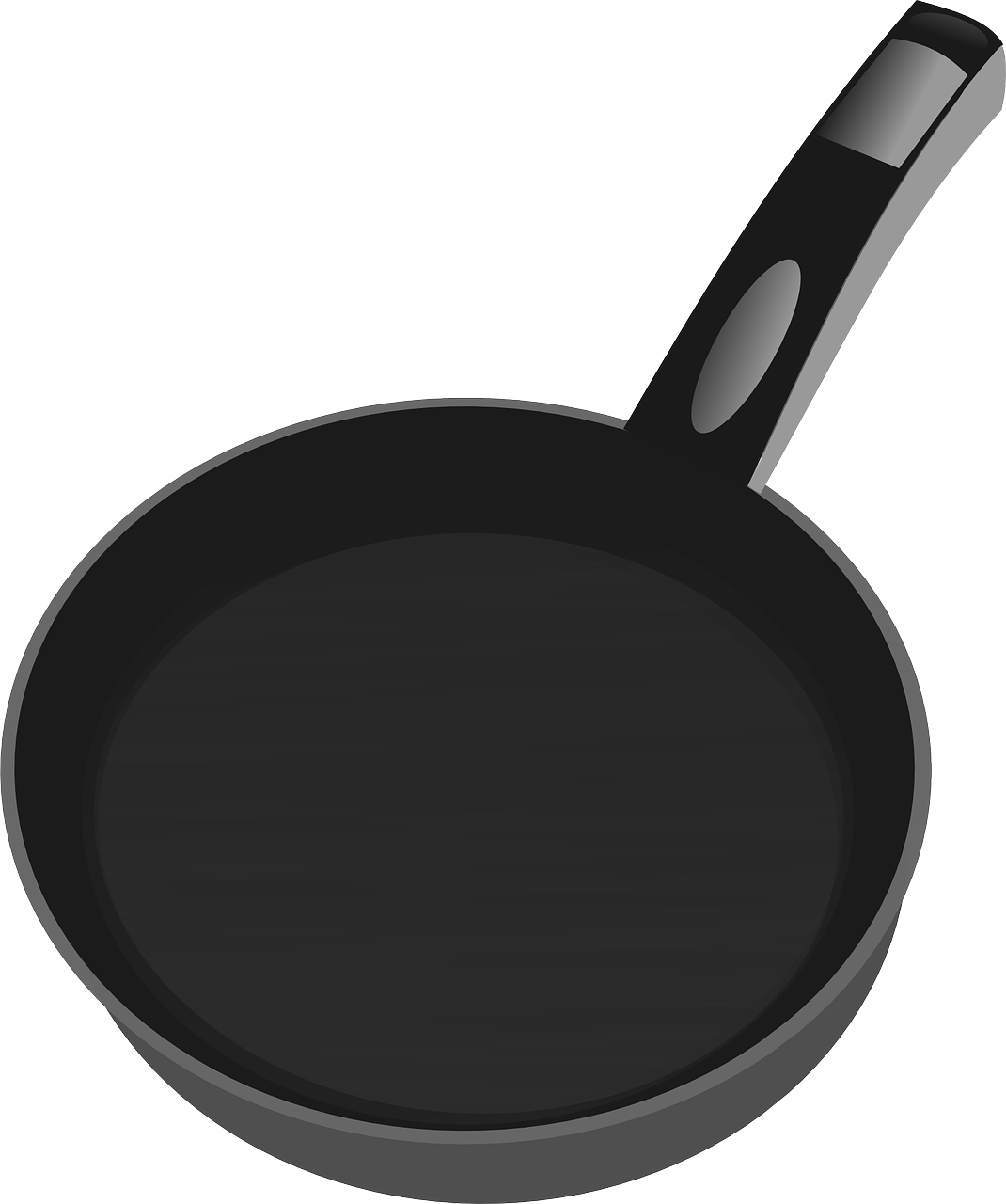
Importance of Kitchen Tool Maintenance
Taking care of your kitchen tools is essential for a variety of reasons. By properly maintaining your tools, you can prevent damage and breakage, ensure optimal performance, and promote food safety. In this article, we will explore the various aspects of kitchen tool maintenance and provide helpful tips to help you keep your tools in top shape.
Cleaning Tools
Regular cleaning of your kitchen tools is crucial to maintain their functionality and minimize the risk of contamination. Develop a habit of cleaning your tools promptly after use to prevent any food residue from hardening or harboring harmful bacteria.
When it comes to cleaning techniques, be sure to follow the manufacturer’s instructions. Some tools may require handwashing, while others are dishwasher-safe. Pay attention to the materials used in your tools to avoid damaging them during the cleaning process.
Choosing the right cleaning products is also important. Opt for mild or non-abrasive cleaners to avoid causing any damage to your tools. Avoid harsh chemicals that can leave residues or alter the taste of your food.
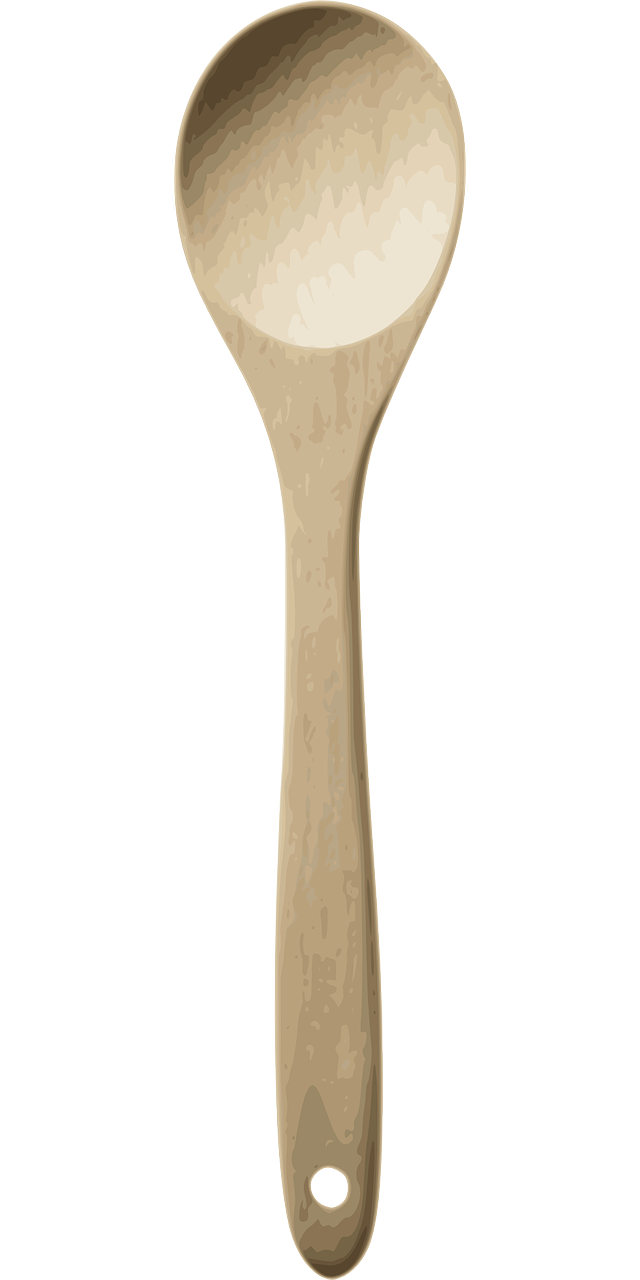
Storing Tools
Proper storage practices can help extend the lifespan of your kitchen tools and keep your kitchen organized. When storing your tools, consider their shape and size to ensure they fit comfortably in your storage area without overcrowding.
Organizing your kitchen tools can make them readily accessible and save you time when you need them. Invest in drawer organizers or wall-mounted racks to efficiently keep your tools in order. This way, you can easily find what you need without rummaging through cluttered drawers or cabinets.
Avoid overcrowding your storage spaces, as this can lead to tools scratching or damaging each other. Give each tool its designated spot to prevent unnecessary wear and tear.
Knife Maintenance
Sharp knives are essential for safe and efficient cooking. Regularly sharpening your knives helps maintain their cutting edge and ensures a smooth, precise cut. You can use a sharpening stone or a knife sharpener to keep your blades in top condition.
Proper knife storage is also important to prevent accidents and maintain their sharpness. Avoid storing knives loose in drawers, as this can dull their blades or cause injury. Consider using a knife block or magnetic knife strip to keep your knives securely in place.
While some knives may be labeled as dishwasher-safe, it’s best to handwash them. The harsh conditions of a dishwasher can damage the blade’s edge or handle materials, leading to a shorter lifespan for your knives.
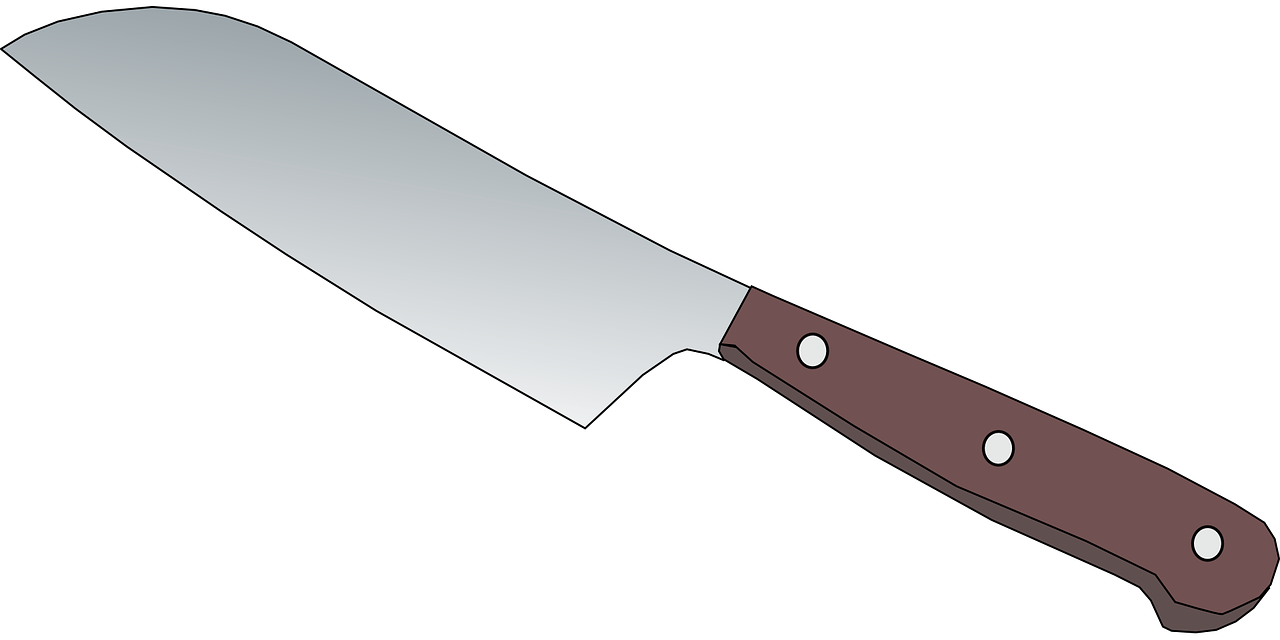
Cutting Board Care
Cutting boards are an essential tool in any kitchen. To maintain their cleanliness and longevity, it’s important to clean and sanitize them properly. After each use, wash your cutting board with hot, soapy water. Use a brush to remove any food particles or stains.
Avoid using harsh chemicals on your cutting board, as they can seep into the porous surface and contaminate your food. Instead, consider using a mixture of vinegar and water or a food-safe disinfectant to sanitize your cutting board.
Over time, cutting boards can develop deep grooves or knife marks that harbor bacteria. If your cutting board shows signs of wear and tear, it may be time to replace it. Opt for cutting boards made from materials like bamboo or plastic, as they are easier to sanitize and maintain.
Pots and Pans Maintenance
Cleaning and seasoning your pots and pans is crucial to maintain their non-stick properties and extend their lifespan. For cast iron pans, avoid using soap when cleaning. Instead, scrub them with a brush and hot water to remove any residue. After cleaning, thoroughly dry the pan to prevent rust and apply a thin layer of oil to maintain its seasoning.
When cooking with non-stick pans, avoid using metal utensils that can scratch the coating. Opt for silicone, nylon, or wooden utensils that are gentle on the surface. This will help preserve the non-stick properties of your pans and prevent any potential health hazards from degraded coatings.
Proper storage of pots and pans is also important. Stack them with caution to avoid scratching the interior or exterior surfaces. Consider using pan protectors or placing a soft cloth between nested pans to prevent any abrasions.
Utensil Care
Whether you use them for stirring, flipping, or serving, your kitchen utensils require proper care to stay in good condition. While some utensils are dishwasher-safe, it’s generally recommended to handwash them. This helps prevent any damage that may occur in the dishwasher, such as warping or melting.
Avoid exposing your utensils to high heat, as this can cause them to melt or deform. Keep them away from open flames or hot surfaces to maintain their integrity.
Over time, utensils may wear out or develop signs of damage. Inspect them regularly and replace any worn-out or broken utensils to ensure safe and efficient cooking.
Appliance Cleaning
Regular maintenance of your kitchen appliances is essential for optimal performance and longevity. Various factors, such as food residue and grease buildup, can affect the efficiency of your appliances. By following a few simple cleaning practices, you can keep your appliances running smoothly.
Perform regular maintenance checks to identify any issues with your appliances. Check for loose screws, damaged cords, or any signs of wear and tear. Addressing these problems early on can prevent further damage and potentially costly repairs.
Remove any food residue from the interiors of your appliances. Wipe down surfaces with a mild detergent or a mixture of water and vinegar. For hard-to-reach areas, use a toothbrush or a small brush to dislodge any debris.
Remember to clean the exteriors of your appliances as well. Wipe them down with a damp cloth and a mild cleaner. Be cautious with electronic components and avoid excessive moisture.
Maintaining Small Appliances
In addition to larger kitchen appliances, small appliances also require regular maintenance to ensure their longevity and optimal performance. Here are some tips for maintaining commonly used small appliances:
Cleaning Coffee Makers
Regularly cleaning your coffee maker can remove mineral buildup and ensure that your coffee tastes its best. Follow the manufacturer’s instructions to descale your coffee maker. This involves running a mixture of white vinegar and water through the machine to remove any mineral deposits. Be sure to rinse thoroughly afterward to prevent any residual taste.
Descaling Electric Kettles
Electric kettles can accumulate mineral deposits over time, affecting their performance and longevity. Fill the kettle with a mixture of water and vinegar and let it sit for a few hours. Afterward, give it a good rinse and wipe it down to remove any remaining residue. This will help keep your electric kettle functioning properly and prolong its lifespan.
Removing Buildup in Blenders
Blenders are prone to accumulating residue from blended foods. To remove buildup, fill the blender halfway with warm water and a few drops of dish soap. Run the blender on low speed for a minute or two. Rinse thoroughly and dry before storing. Regular cleaning will help maintain the performance and cleanliness of your blender.
Preventing Rust and Corrosion
Rust and corrosion can significantly impact the functionality and lifespan of your kitchen tools. By following a few preventive measures, you can protect your tools from these damaging effects.
Properly drying your tools after cleaning is essential. Moisture can cause rust and corrosion, so thoroughly dry your tools before storing them. Pay extra attention to crevices or areas that can trap water and ensure they are completely dry.
Avoid prolonged exposure to water, especially for tools made of metal. If possible, store metal tools in a dry environment to prevent moisture-related damage.
Consider using protective coatings, such as oils or silicone-based sprays, to create a barrier against rust and corrosion. Apply these coatings as per the manufacturer’s instructions to keep your tools in pristine condition.
In conclusion, maintaining your kitchen tools is vital for their longevity and optimal performance. By regularly cleaning, properly storing, and following specific maintenance practices, you can ensure the longevity of your tools while promoting food safety. Remember to choose the right cleaning products, avoid harsh chemicals, and replace any worn-out or damaged tools. With proper care, your kitchen tools will continue to assist you in creating delicious meals for years to come.
